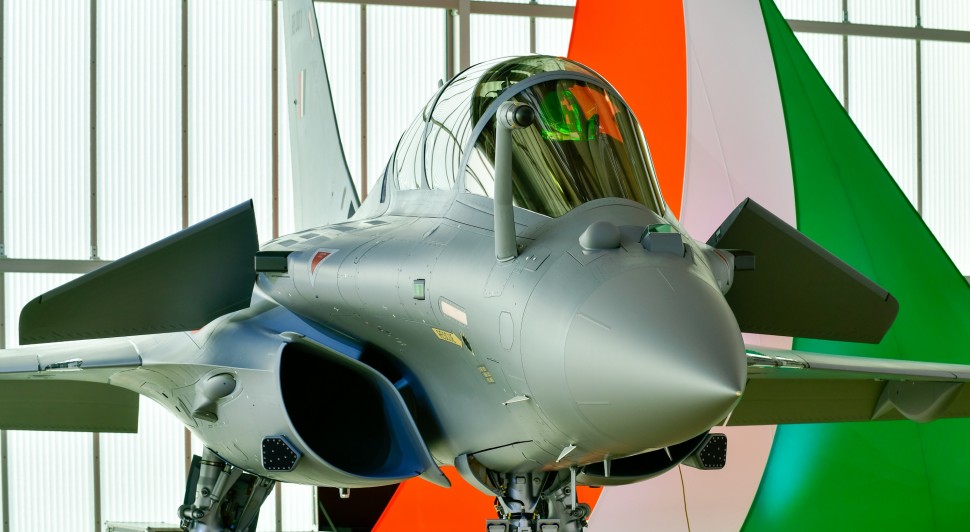Pronouncements at aircraft handover ceremonies are not prone to understatement. Indeed, Dassault hailed its delivery of the first of 36 Rafale fighters to New Delhi as a “celebration of the history of mutual trust” between the French company and India.
Pronouncements at aircraft handover ceremonies are not prone to understatement. Indeed, Dassault hailed its delivery of the first of 36 Rafale fighters to New Delhi as a “celebration of the history of mutual trust” between the French company and India.
It also added a hearty dollop of industrial participation sop in a bow to Indian prime minister Narendra Modi’s “Make in India” campaign. Dassault chief executive Eric Trappier tossed in that greatest of corporate accolades, stating that India is now “part of Dassault Aviation’s DNA”.

Dassault
Yet, the nation’s 2016 deal for 36 French-assembled Rafales represents no great success for New Delhi or Dassault, but a concession prize. It happened only because a 126-aircraft medium multi-role combat aircraft (MMRCA) deal collapsed. Although the Rafale secured preferred status in 2012, three years of negotiation between Dassault and New Delhi ended in failure.
In addition to shattering New Delhi’s already nebulous credibility in defence procurement, the MMRCA debacle eliminated the Indian air force’s chances of obtaining a large infusion of urgently-needed fighters in a reasonable timeframe. Only Modi’s imperious leadership style allowed the 36 jet deal to happen.
New Delhi’s latest requirement for 110 fighters – cynically dubbed by some as ‘MMRCA 2.0’ – features the same contestants as last time.
It is to be hoped that lessons have been learned. Soaking up platitudes from a defence contractor is far easier than avoiding a repetition of history.


























